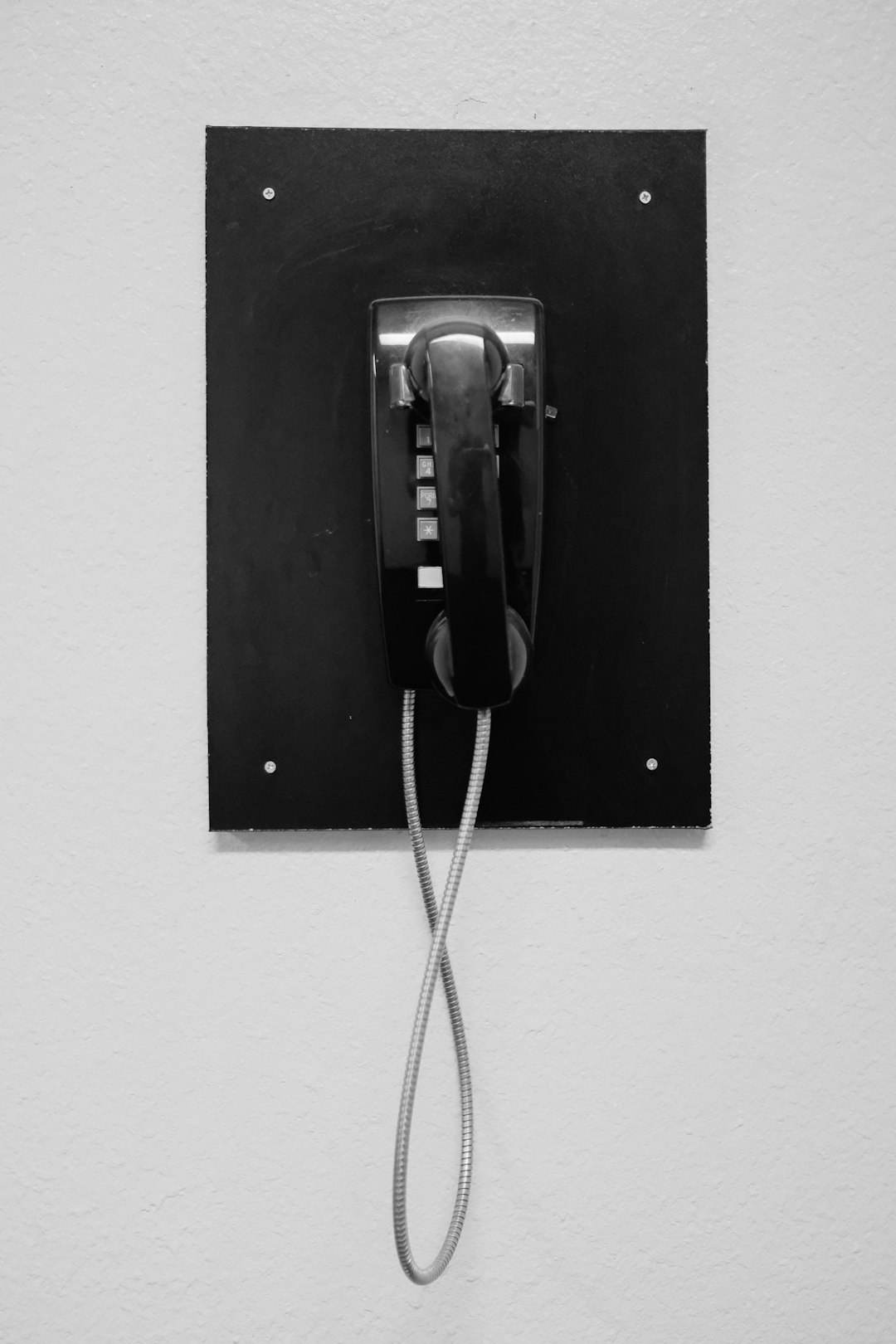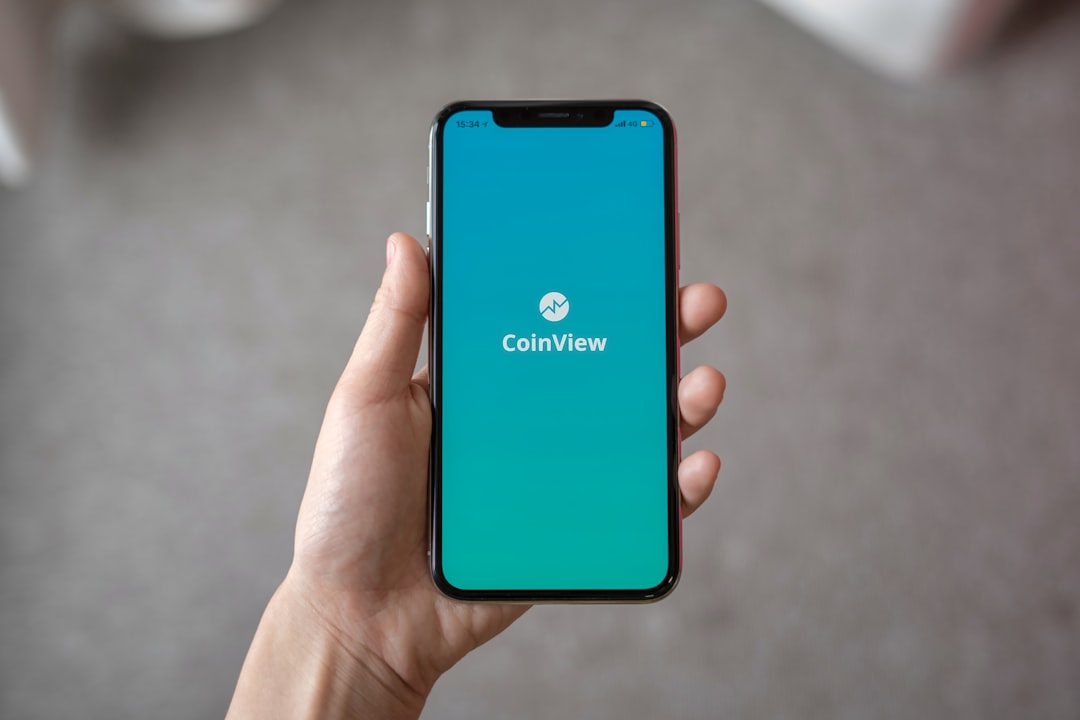Alabama's Do Not Call list is a powerful tool for residents to curb unsolicited phone calls from law firms and commercial solicitors. Maintained by the Alabama Attorney General's Office, it allows individuals to register their numbers, reducing mass marketing and protecting consumers from aggressive sales tactics. Law firms face challenges with automated solicitation calls, which can be addressed by implementing caller ID transparency as a mandatory requirement for all solicitation calls, fostering a "Do Not Call" culture and protecting client data. This step, under Alabama's Do Not Call laws, enhances consumer privacy and holds solicitors accountable to stricter guidelines.
In today’s digital age, the traditional phone call has become a powerful tool for businesses, especially law firms engaging in solicitation. However, with great power comes great responsibility. This article explores the importance of caller ID transparency for all solicitation calls, particularly within the context of Alabama’s Do Not Call laws. We’ll delve into how this practice impacts law firms, enhances consumer protection, and navigates the intricate balance between legal marketing and privacy concerns.
Understanding the Do Not Call Laws in Alabama

In Alabama, the Do Not Call list is a powerful tool for residents to curb unsolicited phone calls, particularly from law firms and other commercial solicitors. This list, maintained by the Alabama Attorney General’s Office, allows individuals to register their phone numbers to receive fewer telemarketing calls. The state’s Do Not Call laws are designed to protect consumers from aggressive sales tactics and provide a means for residents to enjoy peace of mind in their homes.
By registering on the Do Not Call list, Alabamans can rest assured that their numbers are not being used for mass marketing purposes. Law firms and other businesses that fail to comply with these regulations risk facing penalties, ensuring that the law is enforced fairly. This measure offers a simple yet effective solution to reduce the volume of unwanted calls, especially from legal service providers, giving residents greater control over their communication preferences.
The Impact on Law Firms and Solicitation Calls

For law firms in Alabama, maintaining a professional reputation and client trust is paramount. However, unsolicited calls from unknown or unidentifiable sources can significantly impact their operations and relationships with clients. With the prevalence of automated solicitation calls, it has become increasingly difficult for law firms to filter legitimate inquiries from unwanted marketing efforts.
Implementing caller ID transparency as a requirement for all solicitation calls could be a game-changer in this regard. By mandating that callers identify themselves, law firms can better manage incoming calls and ensure they are from reputable sources. This simple measure would empower legal professionals to screen calls effectively, protect client data, and maintain the high standards of service expected in the legal industry, thereby fostering a Do Not Call culture for Alabama-based law firms.
Implementing Transparency for Better Consumer Protection

Implementing caller ID transparency is a powerful step towards enhancing consumer protection, especially in the realm of solicitation calls. In today’s digital era, where folks are increasingly targeted by unwanted phone solicitations, ensuring clarity and honesty on the caller’s identity can be transformative. By requiring all solicitation calls to display accurate and verifiable information, consumers like those protected under Alabama’s Do Not Call laws can take proactive measures against deceptive practices.
This transparency enables individuals to quickly identify legitimate callers from potential scammers, saving them time and safeguarding their privacy. Moreover, it fosters a sense of accountability among solicitors, who must now adhere to stricter guidelines, ensuring that their business practices are above board. With such implementations, navigating the maze of solicitation calls becomes less daunting for consumers, offering them a clearer path towards making informed decisions.






